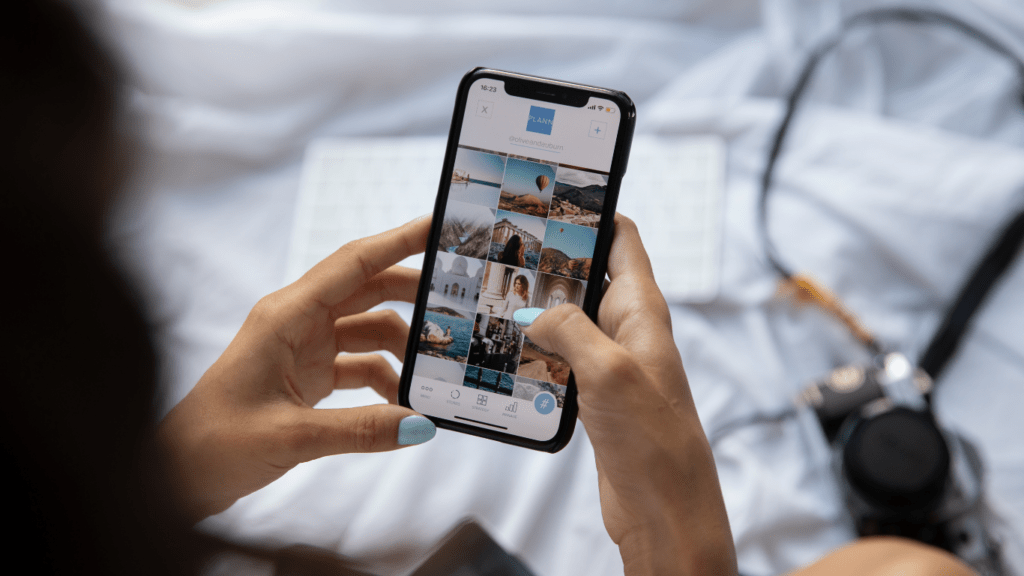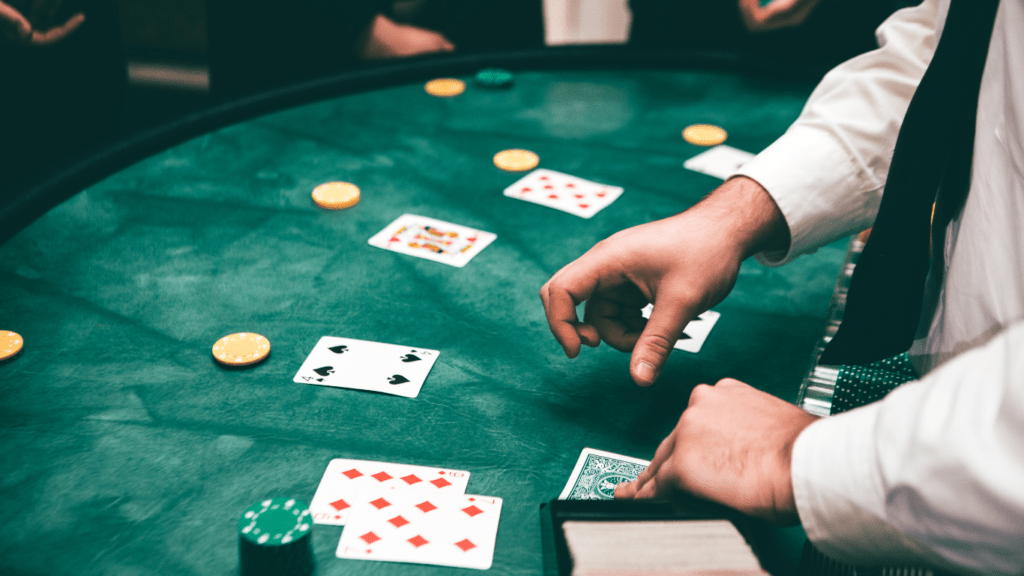As a passionate gamer, I know how easy it is to lose track of time while immersed in a virtual world. The thrill of leveling up and conquering challenges often competes with the responsibilities of everyday life.
Finding that sweet spot between gaming and managing personal commitments can feel like a daunting task. But it doesn’t have to be! With the right time management strategies, I’ve discovered ways to enjoy my favorite games while still keeping my life on track.
In this article, I’ll share practical tips that help me balance my gaming passion with work, relationships, and self-care, ensuring I get the best of both worlds. Let’s dive in and unlock the secrets to mastering time management for a fulfilling gaming experience without sacrificing real-life priorities.
Understanding Time Management
Effective time management is crucial for balancing gaming with life responsibilities. It allows me to enjoy gaming while fulfilling my personal and professional commitments.
Importance of Time Management
Time management enhances productivity and reduces stress. By allocating specific time for gaming and responsibilities, I can enjoy gaming without feeling guilty. I achieve better focus and organization, allowing for a more enjoyable gaming experience and improved personal well-being.
Common Time Management Challenges
- Common Gaming Distractions: Immersive gameplay and competing priorities can make it difficult to stick to a schedule.
- Time Management Challenges: Overcommitting to social gaming and lacking clear goals can disrupt routines and lead to procrastination.
Strategies for Effective Time Management
Effective time management revolves around setting clear goals, priorities, and schedules that fit my gaming lifestyle and personal responsibilities.
Setting Goals and Priorities
Setting specific, measurable goals helps me stay focused. I identify what I want to achieve in both gaming and life. Prioritizing these goals ensures I allocate time effectively. For instance, I rank tasks daily based on urgency and importance.
This ranking prevents me from spending too much time gaming when crucial tasks, like work deadlines or family commitments, loom. Regularly revisiting my priorities enables me to adapt my schedule as needed, ensuring I maintain a balance.
Creating a Schedule
Creating a structured schedule brings order to my gaming and daily activities. I use both digital calendars and physical planners to block out specific times for gaming, work, and personal commitments.
For example, I might designate weekdays for work and chores while reserving weekends for longer gaming sessions. Sticking to my schedule minimizes distractions and keeps me accountable. I also factor in breaks to recharge, preventing burnout and maintaining enthusiasm for my gaming sessions.
Dedicating particular time slots for social gaming events enhances my enjoyment while ensuring they don’t interfere with other responsibilities.
Balancing Gaming with Life Responsibilities
Finding the right balance between gaming and life responsibilities promotes a healthier lifestyle. By effectively managing time, I ensure that both passions and obligations coexist without conflict.
Allocating Time for Gaming
Allocating specific time for gaming creates a structured routine that enhances focus. I often set aside dedicated gaming sessions in my weekly planner. This approach not only provides me with a sense of ownership over my time, but also prevents unexpected time drains.
- Designate Days: I pick specific days for gaming, blocking out distractions.
- Set Time Limits: I establish clear time limits for each gaming session, encouraging efficient play.
- Use Reminders: I set reminders on my phone to help stick to the allocated gaming times.
Managing Responsibilities and Leisure
Efficiently managing responsibilities alongside leisure activities, like gaming, ensures a well-rounded life balance. I prioritize my to-do list, ensuring that important obligations come first, which makes leisure time more rewarding.
- Establish Priorities: I rank tasks based on urgency, completing high-priority duties before gaming.
- Incorporate Breaks: I build in short breaks after completing tasks, making my gaming time more enjoyable.
- Evaluate Progress: I regularly assess my progress in both responsibilities and gaming to adjust my schedule as needed.
Tools and Apps for Time Management
Incorporating time management tools can streamline the balance between gaming and life responsibilities. Several popular apps and tools can enhance productivity, track time, and maintain focus.
Popular Time Management Tools
- Todoist: Todoist allows me to create task lists that help prioritize responsibilities and gaming sessions. Its user-friendly interface and deadline features keep tasks organized.
- Trello: Trello uses boards and cards to visually represent projects and tasks. I find it helpful for mapping out both gaming goals and personal commitments, making it easier to manage my time.
- RescueTime: RescueTime tracks online activity, making it simple to assess how much time I spend gaming versus working. The insights I gain help me allocate time more effectively.
- Forest: Forest gamifies productivity. I grow a virtual tree by staying focused on tasks during set intervals. This app reduces distractions, making my gaming time more rewarding.
- Google Calendar: Google Calendar serves as my scheduling tool for both gaming and daily tasks. I set reminders and time blocks, ensuring I prioritize responsibilities without sacrificing my gaming time.
How to Use These Tools Effectively
- Set Specific Goals: I define clear, measurable goals within each tool, such as completing a work project or finishing a game level. Specificity enhances productivity and accountability.
- Use Timers: Using built-in timers in apps like Forest allows for focused gaming and task completion sessions. I set intervals to keep myself on track and take breaks to avoid burnout.
- Regularly Review Plans: I evaluate my task lists and schedules weekly to adjust priorities as needed. This practice ensures that my commitments and gaming time remain aligned.
- Integrate Across Platforms: I sync my time management tools across devices to access my tasks and schedules anywhere. Integration enhances my ability to stay organized, whether I’m at home or on the go.
- Stay Consistent: Consistency is crucial. I check my apps daily to stay aware of my commitments and gaming plans, which keeps me balanced and focused.
Utilizing tools tailored for time management leads to a more structured, fulfilling gaming experience alongside personal responsibilities.





